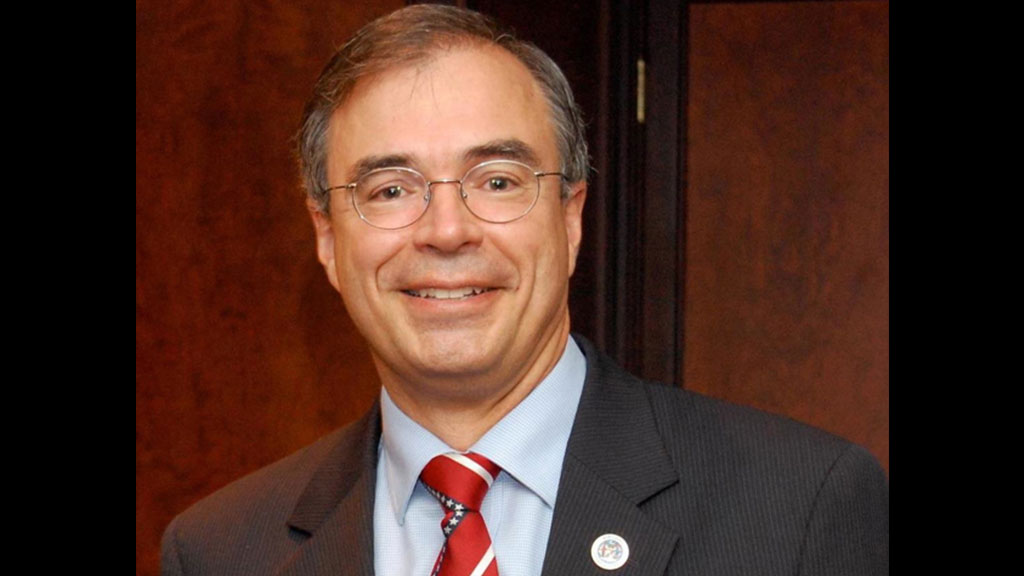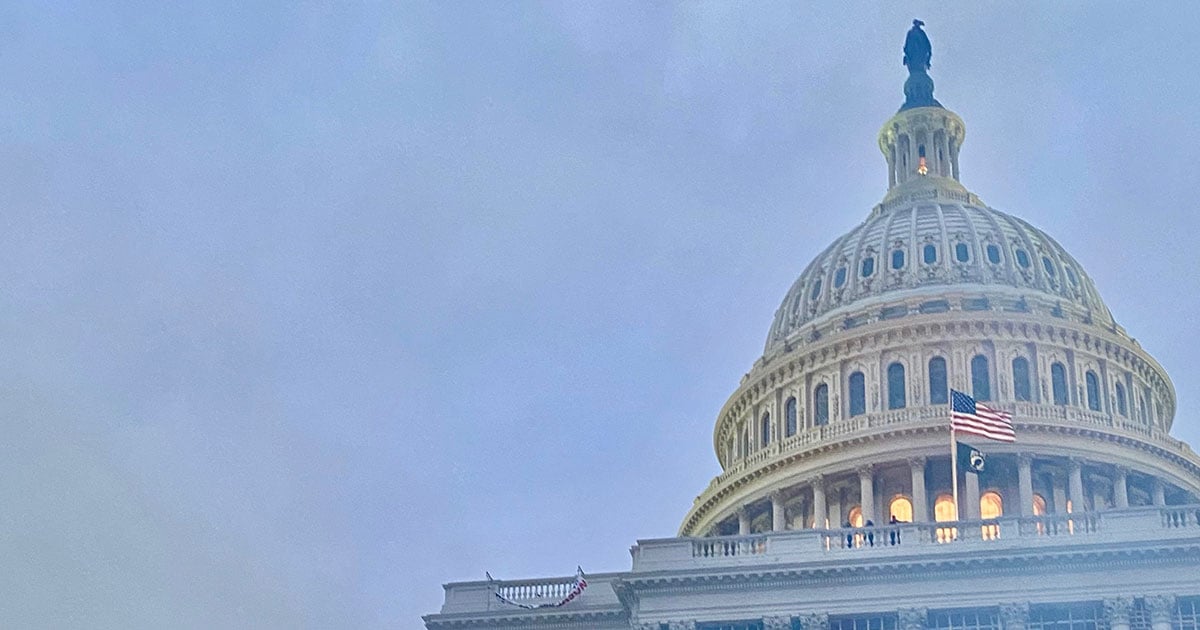Representative Andy Harris, the Maryland Republican who’s made himself a well-referenced name in DC’s local politics thanks to his aggressive moves to water down the city’s marijuana reforms, cruised to an easy victory in Tuesday’s primary election, disappointing the DC statehood and cannabis activists who supported one of his opponents.
Harris’s win was a blowout—he finished with 79 percent of votes cast in Maryland’s First Congressional District, which encompasses the Eastern Shore and is the state’s only reliable GOP stronghold. Michael Smigiel, a former state lawmaker who the DC activists supported because of his libertarian stance on drug policy, limped into second place with 11 percent of the vote.
That Harris, who was first elected in the 2010 Tea Party wave, had an easy win is no shock. The First District is Maryland’s most reliable GOP stronghold and the part of the state where Donald Trump performed best in the presidential primary. (Trump did well across Maryland, but romped on the Eastern Shore with nearly 63 percent.) What’s leaving Smigiel’s now-former DC supporters bummed is the magnitude of his loss.
Smigiel got the attention of pro-statehood activists like Josh Burch and marijuana-reform organizers like Adam Eidinger in January when he slammed Harris’s record of meddling with the steps DC has taken to decriminalize and legalize cannabis. While other GOP House members also played roles in leaving the District with a legally murky system that allows people to grow and use pot, but not buy or sell it, Harris’s voice was the loudest. “The situation he created is intolerable,” Smigiel told Washingtonian in January.
Smigiel’s newfound friends in DC were also cheered by a poll his campaign released that gave him a 29-percentage point lead over Harris from registered voters in the First District. While internal polls are often loftier than reality, this one should have been taken more skeptically (uh, yes, by us, too). The firm that conducted it, Florida-based Gravis Marketing, has an unreliable track record. The statistical-analysis website FiveThirtyEight gives it a “C” on its polling-firm report card, while Slate once gave it a “Strategic Vision Award for Botched Polling.”
By primary night, Smigiel’s poll was off by 97 percentage points, and his supporters from the District were left feeling like they had embarked on something of a folly. “I think Maryland Democrats are to blame for that District,” Burch says. “They made it so overwhelmingly Republican.”
Burch is referring to Maryland’s redistricting process after the 2010 Census, which grouped historically GOP-friendly counties in Western Maryland with deep-blue Montgomery County and the Baltimore suburbs and leaving the Eastern Shore as the state’s lone conservative bastion.
Smigiel’s other policy positions also dimmed his new friends’ hopes when they turned out to be far too conservative for a bunch of DC lefties. Eidinger and some of his fellow pro-pot activists made multiple trips to the Eastern Shore to promote Smigiel and bird-dog Harris, but by election day they were a bit uneasy canvassing the district in hopes of turning GOP voters away from their incumbent.
“The literature we were handing out yesterday was about Obamacare, libertarianism, freedom, and abortion,” Eidinger says. “It was a little uncomfortable. I was there for one reason: we had the same enemy.”
That enemy, Harris, couldn’t be vanquished on Tuesday and looks to be firmly on his way to a fourth term. Even with a potentially toxic candidate like Trump at the top of the ticket, Harris is a safe bet to return to Congress. The Democratic nominee, Joe Werner, is a little-known Harford County attorney and perennial candidate, and the First District is one of the most reliably conservative seats anywhere; the Cook Political Report gives it a Partisan Voting Index of R+14, meaning it is 14 percentage points more Republican than the country as a whole.
Burch suggests that instead of trying to knock out entrenched incumbents in one-sided districts like Harris, efforts like his and Eidinger’s are better spent on unseating Republicans in swing districts around the country who might not cook up DC-meddling agendas themselves, but will vote for them anyway out of party loyalty.
“I think we go for some of the people who voted with Andy Harris like Republicans from suburban Philadelphia,” says Burch. “There’s not always Andy Harris around, but there’s always people who vote with Andy Harris.”



















